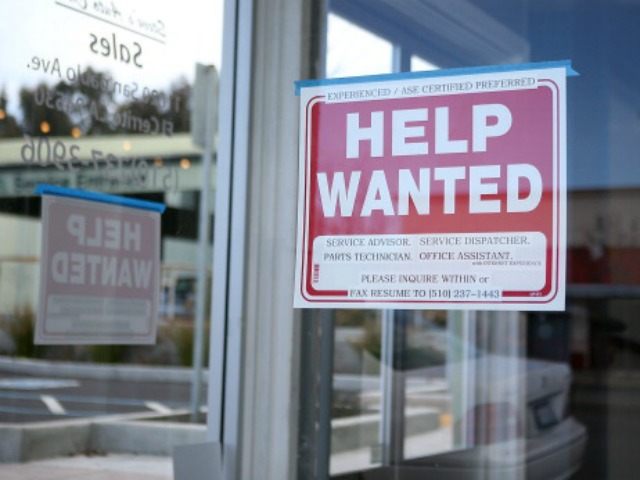Continuing claims for unemployment benefits fell for the second week in a row in the week ended July 3, suggesting that efforts to get Americans back to work by bringing enhanced benefits to an early end have been effective.
Continuing claims, which are claims made after the initial filing for jobless benefits, fell by 126,000, data from the Department of Labor showed Friday.
The fall in claims was significant because it followed a decline of 117,000 in the prior week. Steepening of declines, in which claims fall for two weeks in a row compared with the week before the decline, have been rare over the past year. Typically, a decline in continuing claims has been followed by a smaller decline or even a gain, producing a chart full of big spikes up and down.
The decline brought continuing claims down to 3,241,000, the lowest level since March 21, 2020 when it was 3,094,000.
The four-week moving average, which smooths out week-to-week volatility, fell 71,750 to 3,376,000, the lowest level for this average since March 21, 2020 when it was 2,071,750.
The total number of continued weeks claimed for benefits in all programs—including new federal programs for the self-employed, gig workers, and other not normally eligible for benefits— for the week ending June 26 was 13,836,598, a decrease of 372,279 from the previous week. There were 30,597,536 weekly claims filed for benefits in all programs in the comparable week in 2020.
In the week ending July 10, seasonally adjusted initial claims fell 26,000 to 360,000, the lowest level for initial claims since the pandemic struck.
In around two dozen states, most led by Repubican governors or with GOP-controlled state legislatures, have brought the federal enhancement to state unemployment benefits to an early end. That enhancement paid an extra $300 a week in benefits, which priced many workers out of the labor market by paying them more not to work than they earned when working. In the rest of the country, the enhancements will expire in September.
Federal courts in Maryland and Indianna ordered the state governments to continue paying the extra $300, undermining efforts to repair the labor market before the nationwide end. It is a stark reminder of the outsized role judges have in curtailing democratic control of government in our troubled times.

COMMENTS
Please let us know if you're having issues with commenting.